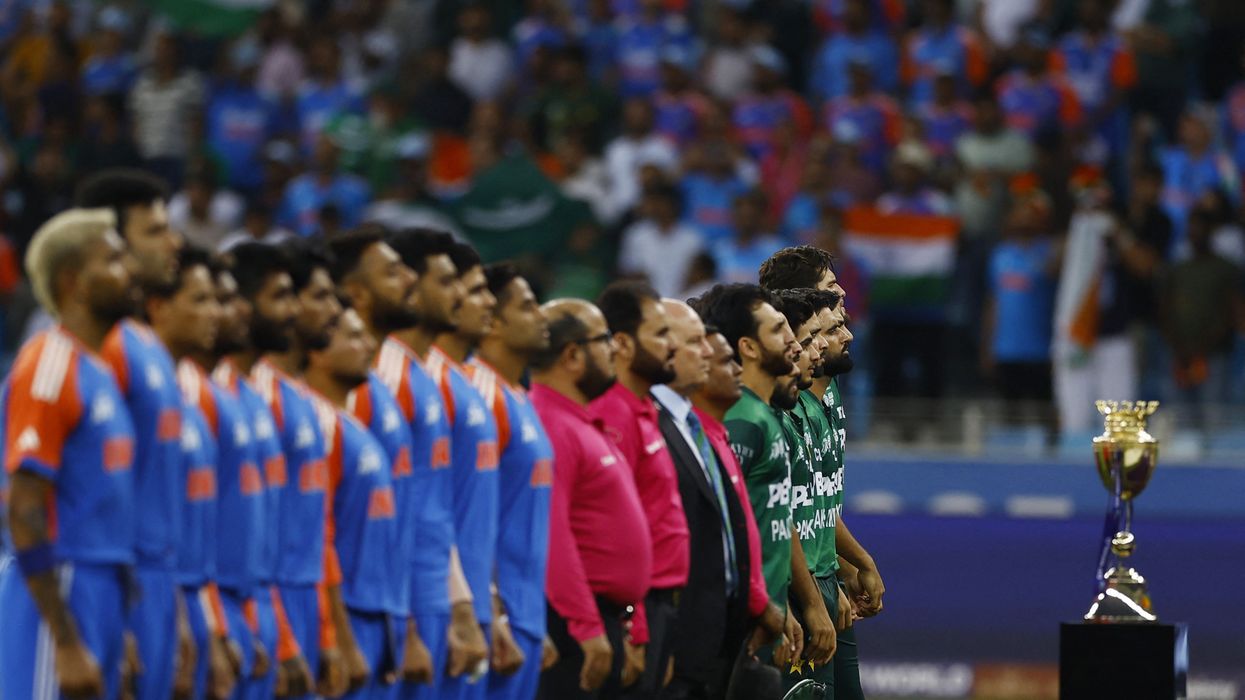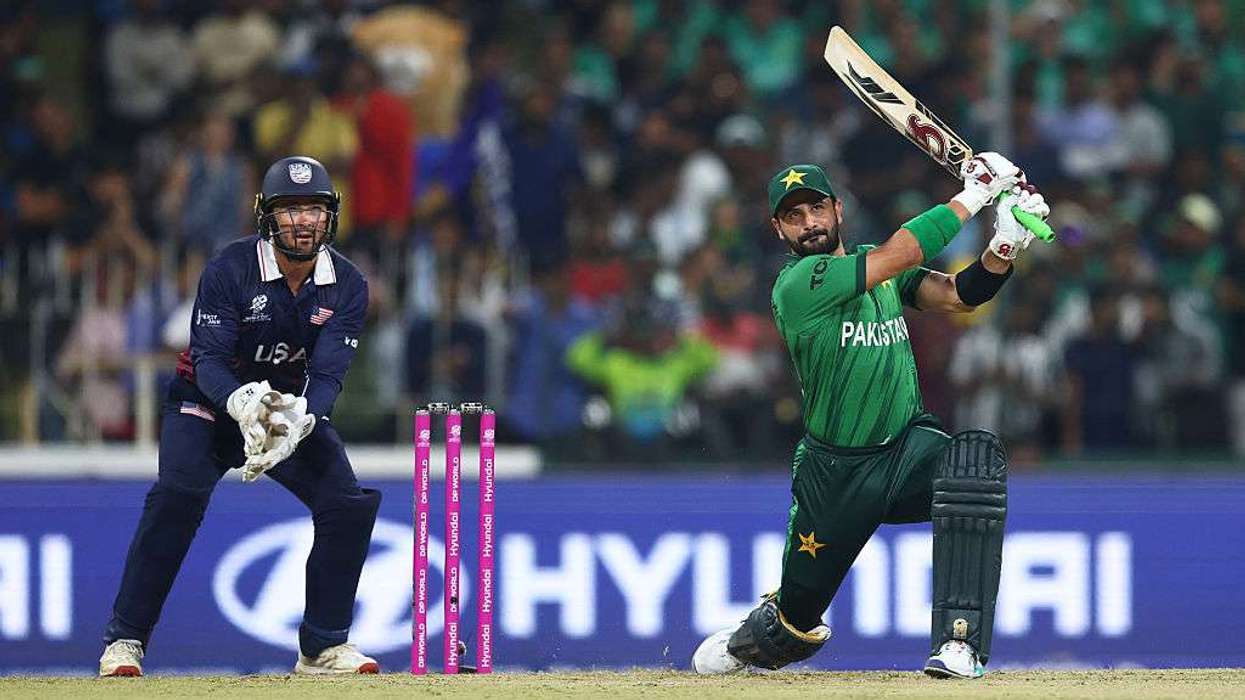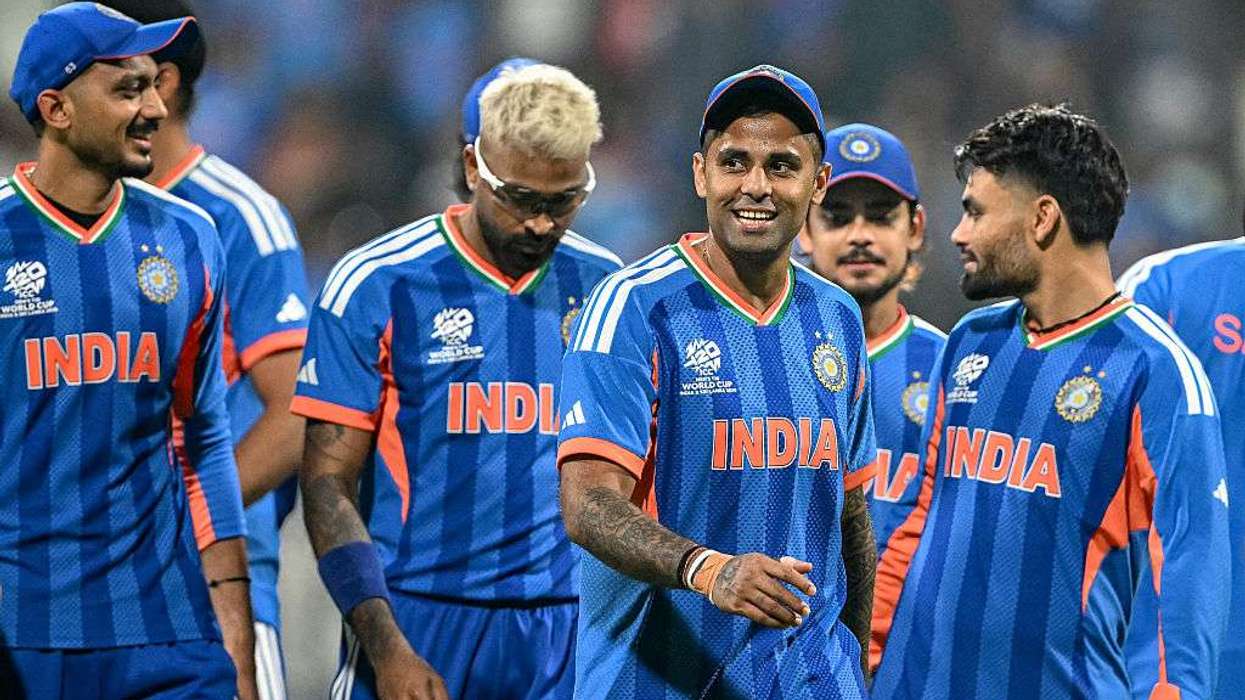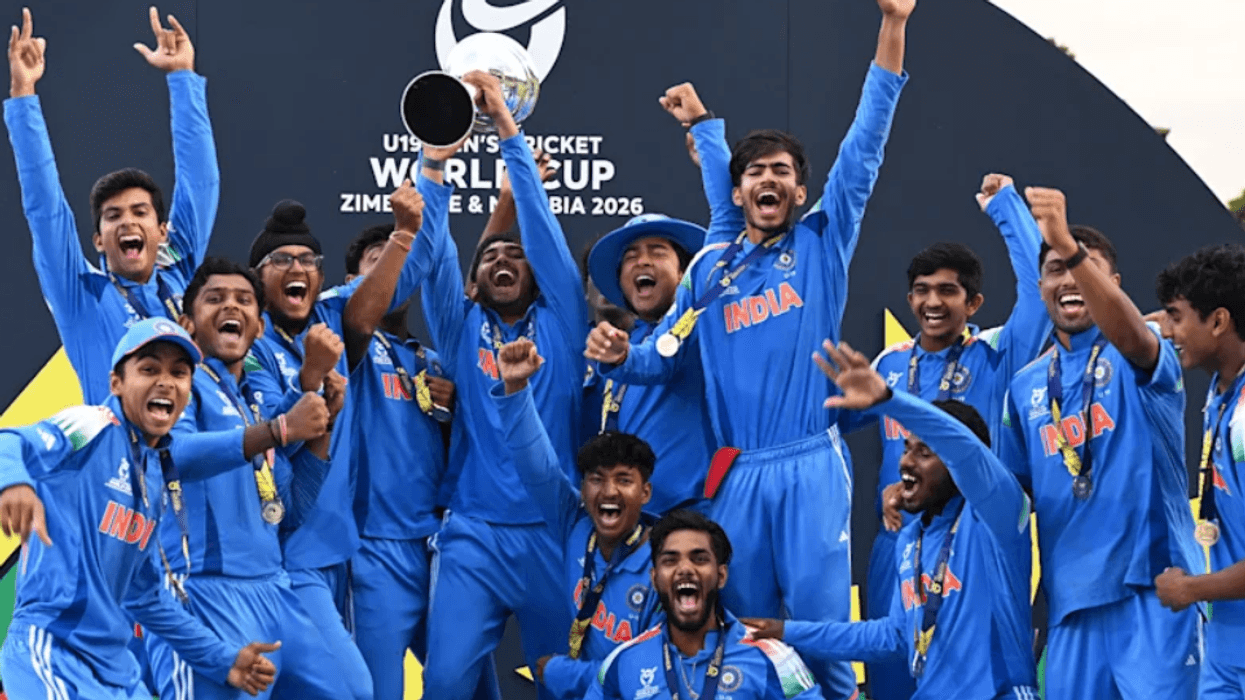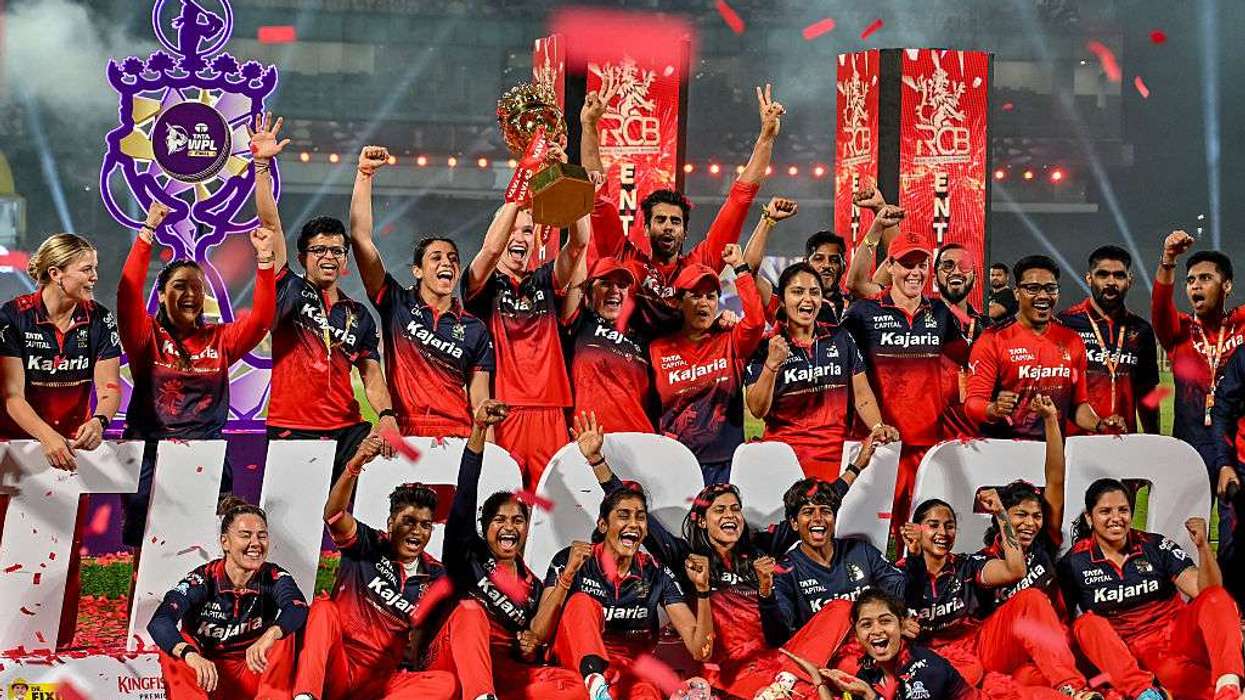PAKISTAN will be gunning for revenge but an unbeaten India look firm favourites to retain the Asia Cup title when they clash in a potentially testy final in Dubai on Sunday (28).
The Indian juggernaut has crushed every opposition on their path before swaggering into the final of the eight-team tournament looking every inch the reigning 20-over world champions.
Pakistan were swatted aside twice, first in the group stage and then in Super Fours, by an India team containing the world's top-ranked batter and bowler in the T20 format in opener Abhishek Sharma and spinner Varun Chakravarthy.
Six-hitting machine Abhishek is also the tournament's leading scorer with 309 runs from six innings, often setting the tone of India's batting in the first six powerplay overs.
In a low-scoring tournament where only Pathum Nissanka of Sri Lanka managed a century, Abhishek's red-hot form at the top meant skipper Suryakumar Yadav's struggle with the bat has not really been felt.
Wily seamer Jasprit Bumrah has helped India control the powerplay overs with the ball but left-arm spinner Kuldeep Yadav has been their wrecker-in-chief leading the bowlers' chart with 13 wickets.
Fellow spinners Axar Patel and Chakravarthy have also kept it tight in the middle overs and the slew of all-rounders at his disposal has left Suryakumar practically spoilt for bowling choices.
Sparks flew and tempers frayed both times India and Pakistan met in what is their first tournament since a military conflict between the nuclear-armed neighbours in May.
India survived a scare in Friday's (26) dead rubber when they edged out Sri Lanka via Super Over, which should shake off any complacency that might have crept into their campaign.
"(I got) what I wanted from the boys -- just to try and execute their plans, be clear and not to fear," Suryakumar said of their flawless campaign heading into the final.
"That was really important and I am sure everyone got what they wanted. Happy to be in the final."
Pakistan will naturally be motivated to avoid a third defeat to India in a single tournament and will take heart from their narrow victory in Thursday's (25) virtual semi-final against Bangladesh.
"Very excited," Pakistan captain Salman Agha said of the final against India. "We know what we need to do, and we are a good enough team to beat anyone, and we will come on Sunday and try to beat them."
Meanwhile, Agha condemned India's refusal to shake hands with them, calling it "not good for cricket".
India angered Pakistan by not shaking hands in either of the first two meetings between the teams in the UAE. The tension increased when players exchanged words during last Sunday's (21) clash, with India filing an official complaint over gestures made by Pakistan duo Haris Rauf and Sahibzada Farhan.
Agha said the lack of handshakes had left him perplexed.
"I have been playing competitive cricket since 2007 and have never seen a game go without a handshake," Agha said on Saturday (27), speaking for the first time on the controversy.
"It is not good for cricket. Even in worst times between Pakistan and India, players have shaken hands. My father is a great fan of cricket, and he never told me that such a thing happened."
Agha said players must be careful not to cross the line when it comes to discipline.
"I think every individual has his own style. If someone wants to be aggressive on the ground, then why not. If you control the aggression of a fast bowler, then nothing is left.
"Every player knows how to deal with his emotions. I give free hand to my players to react on the ground unless he is disrespecting other players and the country."
The Pakistan skipper said his team will follow the protocols for a captains' photo shoot with the trophy on Sunday, which India is likely to boycott.
"They do what they want to do," said Agha. "We will do what is in our protocol. Rest is up to them, if they want to come for that it's up to them. If they do not want to come, don't come."
(Agencies)
